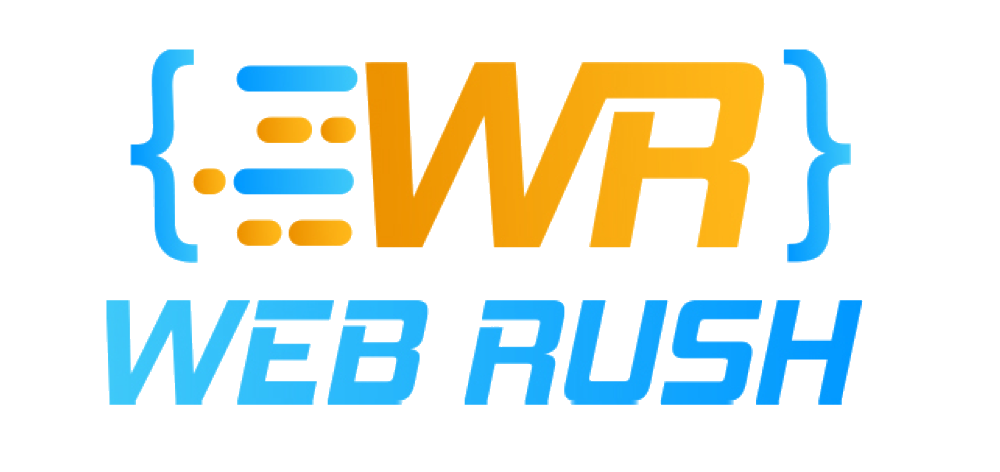I was recently asked on twitter if I had any advice on writing a book. I’ve written about this before with my posts 10 things to consider before writing a book and 6 tools for writing a book (and all of that still applies). I’ve also been asked a lot about when I will update my last book … to which I have given a lot of thought lately … and if I can find the right publisher with the right plan, I will seriously consider it. But back to book writing advice …
Here’s what you get … horrific deadlines, late nights, lack of sleep, mind blanks, fast cars, beautiful women, eternal glory … well, not those last 3. Writing a book is a huge commitment. I know, because I’ve been down this road 9 times. It was such a time commitment that I stopped writing books and switched to MSDN Magazine (and other articles) for an 8 year stretch until I picked up the proverbial pen and inked Data Driven Services with Silverlight.
So is there an upside? Sure there is. But before you start thinking about writing a book and its upsides, be as prepared as you can be for the commitment you are about to make. What are the upsides?
- Writing a book is an accomplishment. Do it for yourself or don’t do it at all.
- Writing a great book is a great accomplishment! Sounds simple, but think about how many books you have read that are just “Okay”. If you really do your homework and make a well liked book, you have hit the target.
- Get a big advance. Why? Because most technical book authors never see anything beyond the advance. Make your case and get what you can. The market is down for tech books, so royalties are scarce.
- Credibility. This is tricky because writing a book in some people’s eyes gives credibility. I disagree with that. I think credibility is earned by your actions. If you show you are a credible source of learning/sharing in your book, you will earn credibility. This goes back to #2: write a great book. If you do this, doors may open for you.
One of the keys to a good selling book is the marketing. I have made mistakes that have cost me such as naming my last book with a version # in the title. The book I wrote still contains very valid information 2 versions later but because the title has “Silverlight 2” in it, it is not picked up in searches for ‘Silverlight 3” or “Silverlight 4”. I don’t think this was a huge mistake, but it certainly was an easy one to avoid in hindsight.
The title is one minor thing, but a larger issue is how the book will be marketed by the publisher. I have made assumptions (wrong ones) that publishers would market my book in certain ways. Now, I have worked with 4 different publishing companies and they all were very different experiences. You can write a great book but if nobody knows about it, it won’t sell. Those 1000 people following you on twitter are not going to all buy your book … and even if they do, that’s not going to make it a success alone. You want your book priced right, listed on the big seller’s sites, and given as much visibility as possible. If your book is not available and in everyone’s faces when product X is making noise, then a buyer will purchase a competing book. Dig into the marketing plans from your publisher. Educate yourself on what they will do. Push them on this … its good for you and the publisher.
Make sure your book is available for online readers. ebooks are on the rise … catch the wave. Kindle version of your book is key, too. Some publishers do not print using the kindle book format. That only hurts you.
The last3 things I want to emphasize are:
- know your competition
- understand the target audience you want to hit
- have your book ready when the technology is hot
Sounds simple, but too often these rules get broken. If you write a book on Windows Phone 7 right now, you will have a ton of competition. So you better be able to differentiate yourself. Its not to say don’t do it, just that you need to consider “why would someone buy my book over XYZ’s book?”.
It really helps to have your book be out when the tech is hot too. In some cases that is right when the technology is released. The downside of that is that means you may have to write the book with beta bits (and things can change). So it is a balance to make sure you are out early enough to grab the early adopters for the rush to learn the technology, but also balance it with making sure your book is accurate.
There is a lot to think about and I do encourage you to do your research. But it truly can be very rewarding. Enjoy writing your book!






